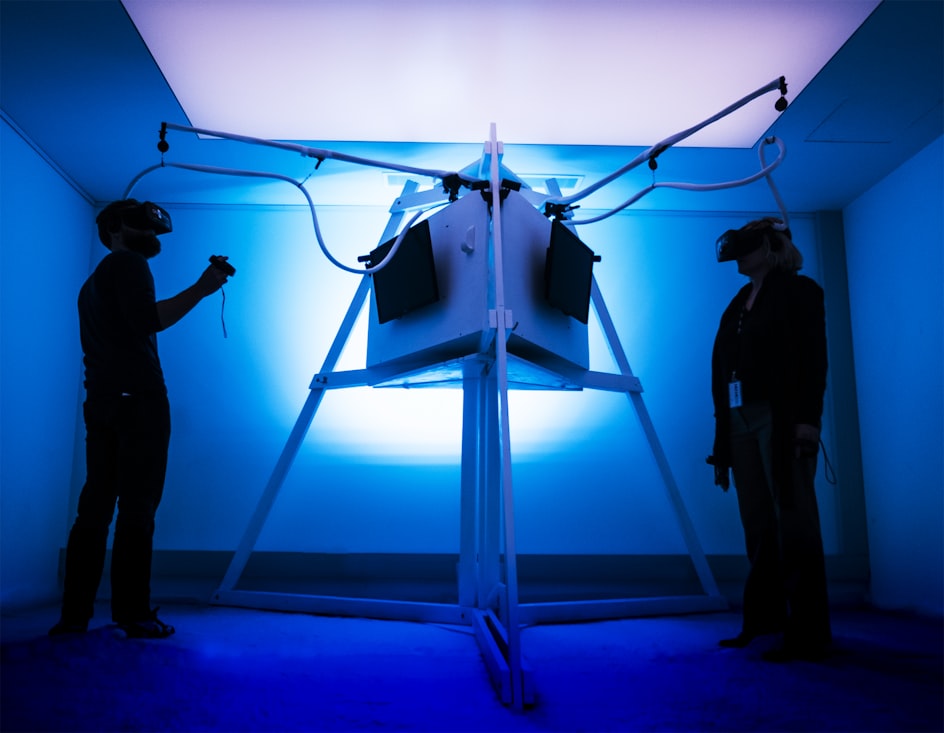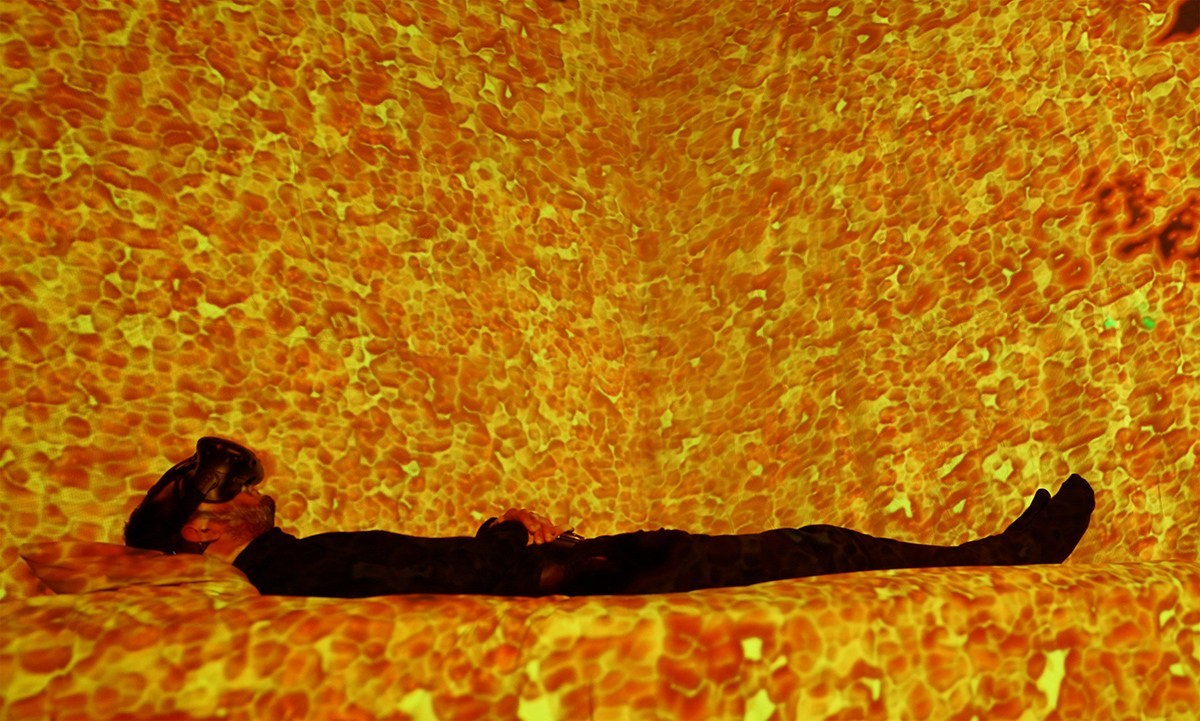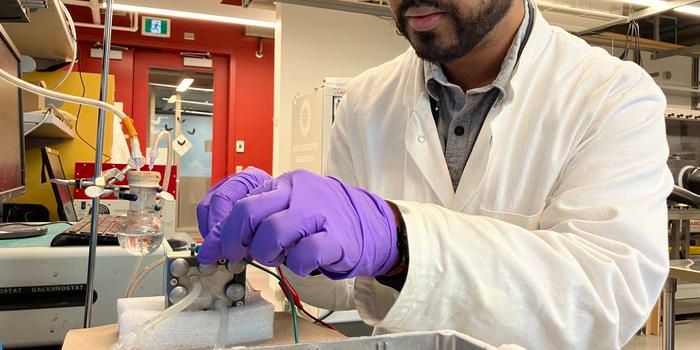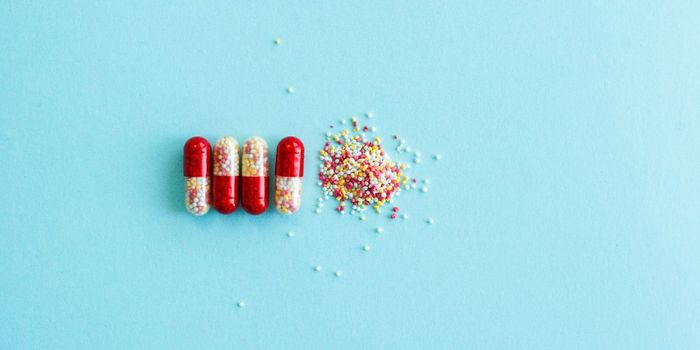Virtual Reality System Induces Pre-Sleep States
A new virtual reality (VR) system, known as PluginHUMAN, was created to induce pre-sleep states along with the general mental wellbeing. The system includes an interactive bed along with controlled ambient music and kaleidoscopic visuals.
"Technology and sleep are always talked about as incompatible," says PhD researcher with RMIT University's Exertion Games Lab, Natahan Semertzidis. "Our findings flip that notion upside down and show how technology can also aid rest and relaxation."
Analysis of the system included physiological and psychological data and information from user interviews. "Results demonstrated statistically significant decreases in pre-sleep cognitive arousal and negative emotion," Semertzidis says. "EEG readings were also indicative of restorative restfulness and a clear mind, while interview responses described experiences of mindfulness."
Participants in the research study reported a 21 percent decrease in general negative emotion and a 55 percent decrease in feelings of fear after using’ Inter-Dream’. Furthermore, an increase was found in the general positive emotions and feelings of serenity.
“Good sleep is acknowledged to be preceded by a characteristic set of specific cognitive and mood states, as well as physiological changes”, says Semertzidis. "Good sleepers are generally more relaxed and positive, while bad sleepers are more likely to focus on unpleasant and intrusive worries and stressors because of involuntary mental rehearsal of the past day's events. It makes sense that influencing these cognitive mood states can help us better ease into rest."
RMIT.EDU: Inter-Dream involves an interactive bed and ambient music controlled by the artists, and kaleidoscopic visuals controlled by the user with their own brainwaves, via EEG.
Participants were seen to not only passively relax but to creatively interact with the system. "Some of them reported really going on a journey by manipulating the system with their minds," says Semertzidis. "This is no trivial notion in the context of inducing positive pre-sleep states, as it has been well documented that creative expression is strongly associated with positive effects on emotion and affect."
Findings also suggested that cognitive states were consistent with those of mindfulness."Our findings are really significant in pointing a possible way forward using neurofeedback technology to facilitate restfulness and sleep onset," says co-author of the study and associate professor, Fabio Zambetta.
Watch the video below to learn more:
"The work really puts the human body centre stage, allowing us to see the human body not just as a mere input controller, but rather allowing people to experience their bodies as play," says Professor Florian 'Floyd' Mueller, who heads RMIT University's Exertion Games Lab. "For me, this is a beginning to facilitate a more playful future, in particular, one where we can even experience rest and ultimately sleep as a form of (digital) play: it would be fascinating to explore what such a future could look like and we are always looking for PhD candidates who want to explore this."
Source: Science Daily










